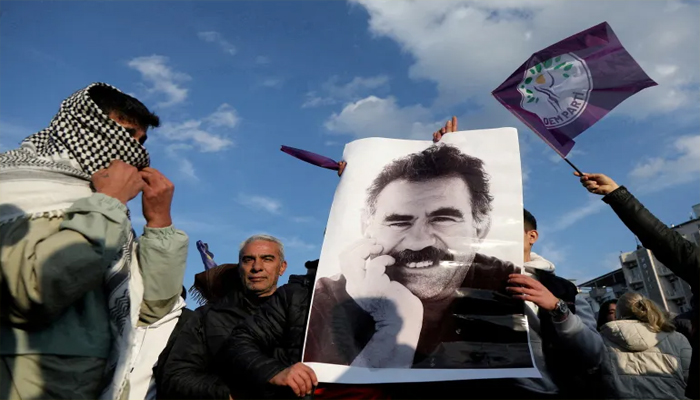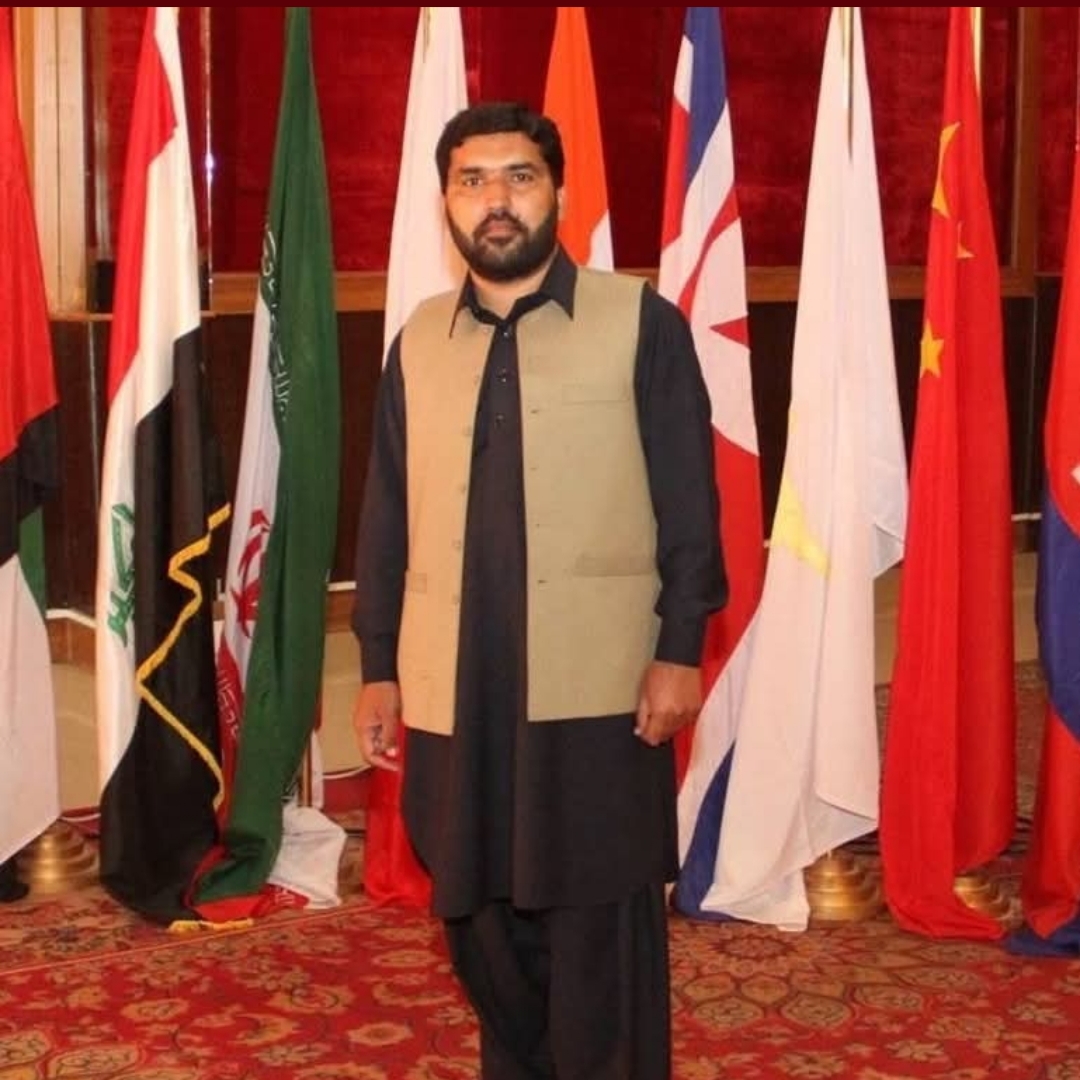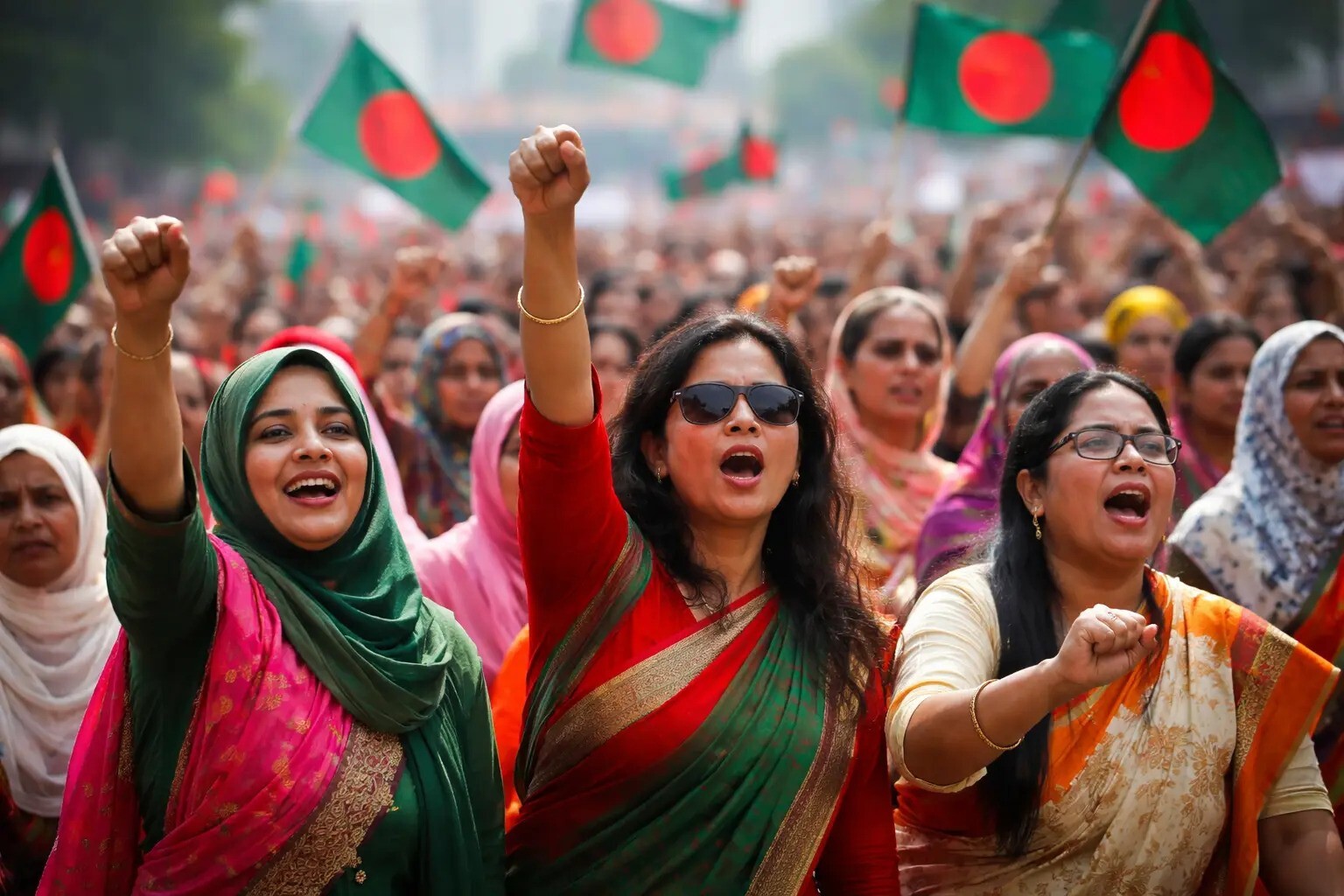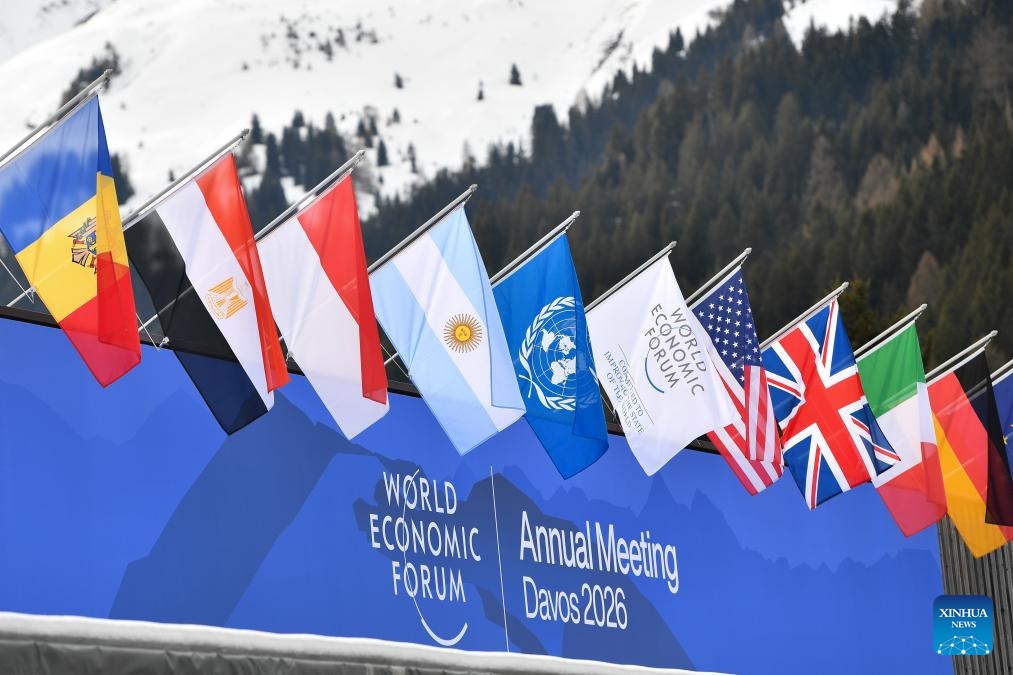ISTANBUL (PNP) The Kurdistan Workers Party (PKK) militant group, which has been locked in bloody conflict with the Turkish state for more than four decades, decided to disband and end its armed struggle, a news agency close to the group reported on Monday.
The PKK’s decision could boost NATO member Turkey’s political and economic stability and encourage moves to ease tensions in neighbouring Iraq and also in Syria, where Kurdish forces are allied with U.S. forces.

A Major Shift in Regional Dynamics
This unprecedented move could have far-reaching consequences for Turkey’s domestic stability and its relations with neighboring countries. As a member of NATO, Turkey has long regarded the PKK as its most significant internal security threat. The conflict, which began in 1984, has claimed more than 40,000 lives and inflicted severe damage on Turkey’s economy, especially in the southeastern Kurdish-majority regions.
The PKK’s demobilization could also enhance Turkey’s political and economic prospects, while reducing tensions in neighboring Iraq and Syria, where Kurdish militias have played complex roles in regional conflicts. The United States and the European Union, along with Turkey, have designated the PKK as a terrorist organization.
Observers believe that the group’s decision is likely influenced by changing regional power dynamics, internal political calculations, and international pressure. It also follows a public appeal made in February by the PKK’s imprisoned founder and ideological leader, Abdullah Öcalan.
Öcalan’s Influence Still Resonates
Öcalan has been imprisoned since 1999 on İmralı Island, located south of Istanbul. Though held in isolation, he remains a central figure in the Kurdish movement. His call earlier this year for an end to the armed struggle appears to have played a critical role in shaping the PKK’s recent decision.
“The group will oversee the dismantling process itself,” the Firat News Agency reported, though it remains unclear whether the Turkish government will recognize any formal role for Öcalan or his representatives in the process. The lack of clarity has raised questions about how the demilitarization will be practically implemented and monitored.
Moreover, the announcement did not specify the timeline or mechanisms for the organizational dissolution and disarmament. Concerns have also been raised about the status of affiliated groups, particularly the Kurdish People’s Protection Units (YPG) operating in Syria, which Turkey has long claimed to be an extension of the PKK.
The YPG, however, has distanced itself from the announcement, stating that Öcalan’s appeal does not apply to its operations in Syria. This further complicates the regional implications of the PKK’s decision, especially as the YPG has been a key U.S. ally in the fight against ISIS in Syria, while remaining a major point of contention between Ankara and Washington.
Political Reactions Across the Region
Reactions to the PKK’s declaration have been cautiously optimistic but tinged with skepticism. Turkish officials have yet to issue a formal response, though analysts believe the government may see this as an opportunity to push forward with development initiatives in the long-neglected southeast.
For President Recep Tayyip Erdoğan, the announcement may offer a political opening. With the region long plagued by conflict and underdevelopment, the cessation of hostilities could allow the Turkish state to accelerate infrastructure and economic development projects in Kurdish-majority provinces.
Tayip Temel, deputy leader of the pro-Kurdish DEM Party, the third-largest party in Turkey’s parliament, described the PKK’s move as “a historic step” not only for the Kurdish people but for the broader Middle East. Speaking to Reuters, Temel emphasized that this decision would require a significant shift in the Turkish state’s official stance and security policies toward the Kurdish population.
“This is not just about the end of armed resistance; it is also a call for the Turkish state to rethink its approach to the Kurdish question. It must now prioritize democratic engagement and inclusive governance,” he said.
Challenges Ahead
Despite the positive tone of the announcement, several challenges lie ahead. The logistics of disarming thousands of fighters stationed in rugged mountainous regions in Iraq, and potentially Syria, will require coordination and international oversight. Additionally, concerns remain over whether splinter factions may emerge in opposition to the PKK leadership’s decision.
Some experts also point to Turkey’s history of failed peace initiatives, including the collapse of the 2013-2015 peace process between Ankara and the PKK, as a cautionary tale. Trust-building measures, legal reforms, and concrete steps toward Kurdish political inclusion are likely to be essential if this initiative is to succeed in the long term.
Another point of contention is the role of international actors. While the U.S. and EU have supported Turkey’s fight against terrorism, they have also engaged with Kurdish forces in Syria, creating diplomatic friction. These stakeholders may now be called upon to help facilitate a peaceful transition and support economic and political reconstruction in affected areas.
A Potential Turning Point
If implemented effectively, the PKK’s decision could mark the end of one of the longest-running insurgencies in the region. It has the potential to shift the paradigm from militarized resistance to political negotiation and democratic participation.
Political analysts argue that this transition can only be sustained if met with reciprocal goodwill from the Turkish state. Constitutional guarantees for Kurdish cultural and political rights, decentralization reforms, and educational rights in the Kurdish language could serve as important trust-building steps.
International peace-building organizations and mediators may also play a role in ensuring transparency and accountability during the disarmament and reintegration phases. Lessons from other post-conflict regions, such as Colombia and Northern Ireland, could offer useful templates for Turkey and the Kurdish leadership.
Conclusion
The PKK’s announcement to end its armed struggle and dissolve its organizational structure marks a potentially transformative moment in Turkey’s modern history. It reflects a strategic recalibration by one of the most entrenched insurgent movements in the region and opens a path — however uncertain — toward reconciliation, stability, and peace.
The coming weeks and months will be crucial. The response from Ankara, the stance of regional actors, and the behavior of Kurdish factions in Syria and Iraq will determine whether this historic announcement will lead to lasting peace — or merely mark another chapter in a deeply complex conflict.

Naeem Akhtar plays a key role in shaping editorial content and maintaining the highest standards of accuracy and clarity. His dedication ensures that PNP’s coverage remains timely, reliable, and impactful for its readers worldwide.


